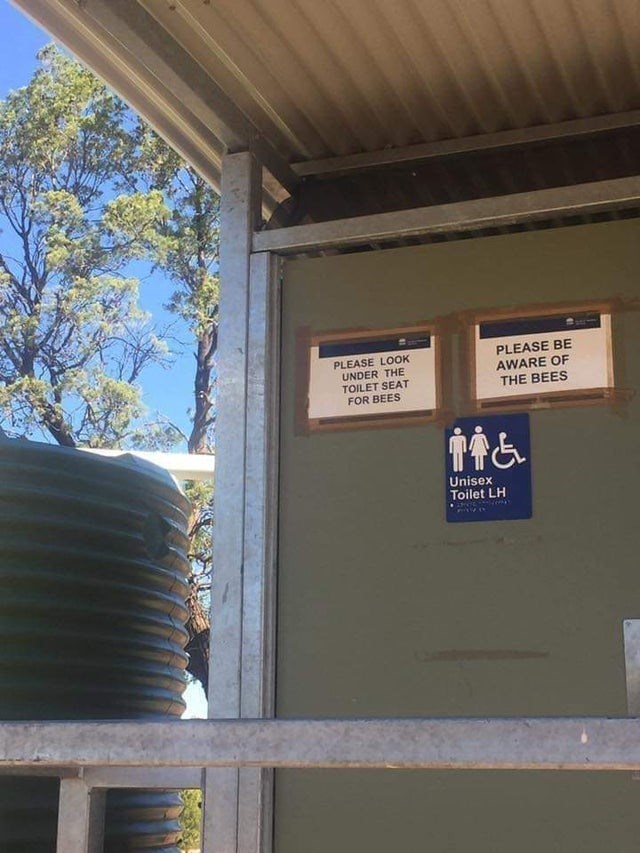Low-Code Noodles
Noodle Stoppers are a thing
Things I learned on Amazon recently: there is an entire class of anime figurines designed to sit on your cup noodle to keep it closed while the hot water does its work.
I think the $62 Nitocris is a bit pricy for this, though. I don’t think it would even be safe to work at home with the Super Sonico or Kanu toppers, but the Yui is cute.
Pricing is between reasonable and outrageous, naturally.
Which one did I buy? I’m not telling, but it isn’t one of the ones I’ve linked above. And it won’t go onto a cup noodle; I’ve upgraded to a better class of ramen over the years.
Apple: “I have altered the deal”
Apple’s Rosetta x86-to-ARM translator to be removed in OS update?. Sounds like a licensing issue, since it’s region-specific.
Learn To Low-Code
Microsoft is embedding Excel in YAML. Even after reading the “PowerApps” blog, I haven’t the slightest fucking idea what low-code is good for, apart from scattering business logic across an environment even less sensible than malware-infested spreadsheets.

Pod extract
I cracked open four of the useless “Archer Farms” Nespresso-incompatible pods and successfully brewed Aeropress coffee with the contents. Not bad at all. As expected, it was too finely ground for the Aeropress, requiring quite a bit of pressure even with only one filter (by comparison, with standard commercial ground coffee, I use three filters and still don’t have to press as hard).
Four pods was a bit less than the two scoops I generally use for 12 ounces of coffee, but with the fine espresso grind, it extracted more in the same amount of time/water, so it worked out. One more cup will use up the rest of the box of pods, and then I can crack open the Gevalia pods and see what I get.
1Password CLI notes wrapper
#!/usr/bin/env bash
# simple wrapper for creating/editing 1password secure notes from the
# command line, using https://1password.com/downloads/command-line/
# requires jq and md5sum (just to avoid uploading unchanged files)
#
# must do an initial full sign-in, like this:
# op signin my.1password.com jgreely@example.com --shorthand jgreely
# (using your sign-in url, account name, secret key, and password)
#
# The named vault must already exist in your account.
SHORTHAND=jgreely
VAULT=Notes
EDITOR=emacs
TOKENFILE=~/.1p_token
SESSION=
if [ -f $TOKENFILE ]; then
SESSION=$(<$TOKENFILE)
fi
if ! op list vaults --session $SESSION >/dev/null 2>&1; then
rm -f $TOKENFILE
SESSION=
fi
if [ ! -f $TOKENFILE ]; then
SESSION=$(op signin $SHORTHAND --raw )
touch $TOKENFILE
chmod go= $TOKENFILE
echo $SESSION > $TOKENFILE
fi
TMPFILE=$(mktemp /tmp/$(basename $0).XXXXXX)
OPTS="--session $SESSION --vault $VAULT"
case "$1" in
create|new)
shift
TITLE="$@"
if [ -z "$TITLE" ]; then
TITLE="(untitled)"
fi
$EDITOR $TMPFILE
op create item "secure note" notesPlain="$(<$TMPFILE)" --title "$TITLE" $OPTS > $TMPFILE
UUID=$(jq -r .uuid < $TMPFILE)
echo "UUID: $UUID, TITLE: $TITLE"
;;
list|ls)
op list items $OPTS | jq -r '.[]|[.uuid,.overview.title]|@tsv'
;;
print|cat)
shift
UUID="$1"
op get item "$UUID" --fields notesPlain $OPTS
echo
;;
less|more)
shift
UUID="$1"
op get item "$UUID" --fields notesPlain $OPTS | less
;;
edit)
shift
UUID="$1"
op get item "$UUID" --fields notesPlain $OPTS >> $TMPFILE
md5sum $TMPFILE > $TMPFILE.md5
$EDITOR $TMPFILE
if md5sum -c --quiet $TMPFILE.md5 >/dev/null 2>&1; then
echo "(file not changed)"
else
op edit item "$UUID" notesPlain="$(<$TMPFILE)" $OPTS
fi
;;
delete|rm)
shift
UUID="$1"
op delete item "$UUID" $OPTS
;;
*)
NAME=$(basename $0)
cat <<EOF
Usage: $NAME [new|ls|cat|less|edit]
new TITLE
ls (returns UUID and TITLE)
cat UUID
less UUID
edit UUID
rm UUID
EOF
;;
esac
rm -f $TMPFILE $TMPFILE.md5
exit 0
Comments via Isso
Markdown formatting and simple HTML accepted.
Sometimes you have to double-click to enter text in the form (interaction between Isso and Bootstrap?). Tab is more reliable.



